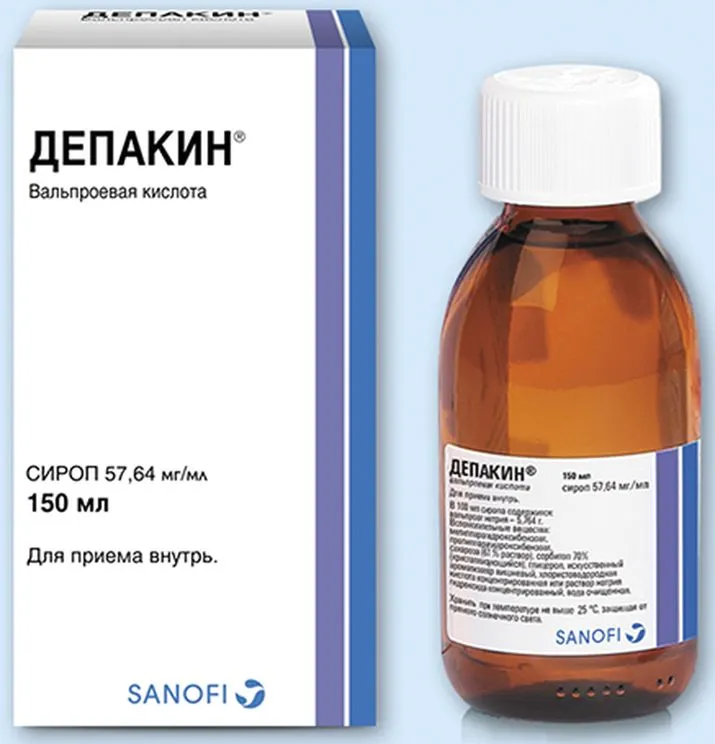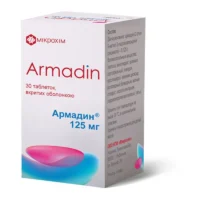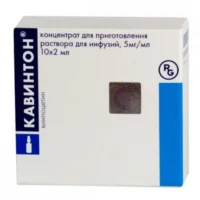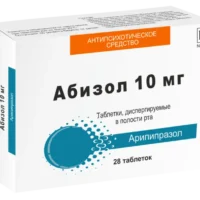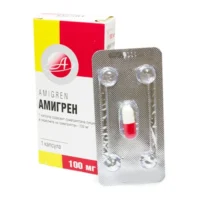Description
Depakin (Sodium Valproate) Syrup 150 ml
Ingredients
Active ingredient: Sodium valproate
Mechanism of Action
Pharmacological Properties: Sodium valproate works by increasing the levels of gamma-aminobutyric acid (GABA) in the brain. This neurotransmitter has inhibitory effects, reducing abnormal electrical activity that leads to seizures in epilepsy.
Indications for Use
Indications: Depakin syrup is indicated for the treatment of epilepsy and bipolar disorder.
Contraindications
Contraindications:
- You are allergic to sodium valproate or any other ingredients in the syrup.
- You have a history of liver problems.
- You are pregnant or breastfeeding without medical advice.
Side Effects
Side Effects: Common side effects may include nausea, dizziness, drowsiness, and tremors. Serious side effects such as liver toxicity and pancreatitis may occur in rare cases.
Usage Instructions
Directions: Shake well before use. Take the prescribed amount orally, with or without food, as directed by your healthcare provider.
Benefits Compared to Analogues
Benefits: Depakin (sodium valproate) has shown comparable efficacy to other antiepileptic drugs with a favorable side effect profile in managing seizures and bipolar disorder.
Suitable Patient Groups
Suitable Patient Groups: Depakin syrup can be used in children and adults under medical supervision. Dosage adjustments may be necessary for elderly patients.
Storage and Shelf Life
Storage: Store Depakin syrup at room temperature, away from moisture and heat. Do not freeze. Check the expiration date on the packaging and do not use after the specified date.
Packaging Description
Packaging: Depakin syrup is available in a 150 ml bottle with a child-resistant cap for safety.
Clinical Evidence and Proven Effectiveness
Scientific Evidence: Depakin (sodium valproate) has been extensively studied for its efficacy in managing epilepsy and bipolar disorder. Research published in the Journal of Clinical Psychopharmacology demonstrated the effectiveness of sodium valproate in controlling manic episodes in patients with bipolar disorder.
Clinical Trials: A randomized controlled trial published in the New England Journal of Medicine compared the efficacy of sodium valproate with other antiepileptic drugs and found it to be equally effective in controlling seizures with a favorable side effect profile.

